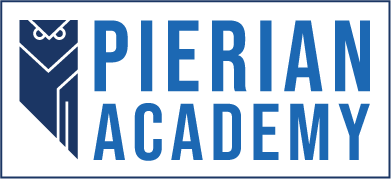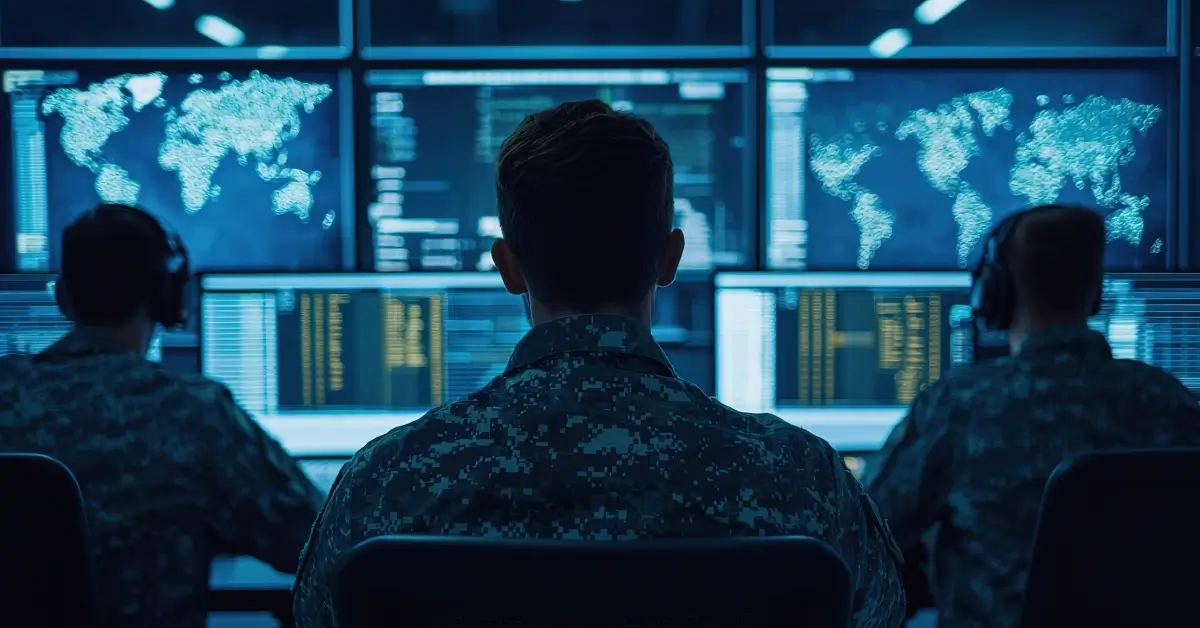System readiness refers to the ability of a system to perform its intended function when required, supported by effective maintenance and logistics. It is a measurable outcome built on careful planning and reliable execution. Training plays a critical role in achieving this. Without the proper knowledge and skills, teams cannot maintain system availability, minimize downtime, or manage life cycle costs effectively.
Supportability training helps engineers, logistics personnel, and maintenance planners apply best practices from the beginning of a system’s life cycle. It ensures each person understands their part in delivering consistent performance and operational reliability.
By analyzing failure rates and selecting cost-effective repair options, trained personnel can make informed decisions that align with both technical and budgetary goals. This is why supportability training is not optional; it is essential.
What Is Supportability Training and Why Is It Important in Supportability Engineering?
Training in supportability engineering goes beyond general education. It focuses on specific methods used to design, evaluate, and manage maintenance and support strategies. It builds the competence required to make accurate, repeatable decisions that reduce costs and improve system uptime.
For example, Maintenance Task Analysis (MTA) training prepares individuals to break down equipment into individual tasks, identifying what must be done, how long it takes, what tools are needed, and who should perform each step. This information directly informs manpower, tool, part, and cost planning.
Other essential training includes:
- Level of Repair Analysis (LORA) training guides participants in selecting whether a failed item should be repaired, replaced, or discarded.
- Product Support Analysis (PSA) training, which teaches a broad set of analysis methods to evaluate system support needs.
These types of training are crucial because they allow organizations to control life cycle costs and optimize system availability through structured, data-driven processes.
The Main Goal of a Supportability Training Program
The main goal of supportability training programs is to provide actionable knowledge. Learners gain practical skills to apply within the scope of real system projects. They understand how to use tools, perform calculations, apply standards, and interpret results.
For instance, a Level of Repair Analysis course will teach participants how to analyze different repair alternatives, assess costs, and recommend the best course of action for each component. This ensures systems are neither over-maintained nor neglected.
The outcome of good training is improved system performance and reduced operational risk. By focusing on technical skills grounded in industry standards, training prepares teams to work efficiently and confidently across the program life cycle.
How Training Supports Organizational Strategy
Every organization has strategic goals, such as improving efficiency, reducing operating costs, ensuring mission readiness, or extending the life of key assets. Training supports these goals by strengthening team capabilities.
Supportability professionals who complete a Reliability Centered Maintenance (RCM) course gain the ability to define failure modes, evaluate their effects, and plan maintenance actions that are both effective and efficient. This reduces unplanned downtime and extends the life of assets.
Similarly, MTA training support this strategy by providing teams with tools to identify the required tasks and when they should be performed. The result is a maintenance plan that is realistic, resource-aware, and measurable.
Supportability training ensures the workforce is capable of sustaining system performance over the long term. It prepares personnel to perform the right tasks, using the appropriate tools and methods, at the right time in the system life cycle.
Building Blocks of a Successful Training Program
A successful supportability training program includes several key elements:
- Qualified Instructors: Experts with real-world experience in logistics engineering, maintenance planning, and defense systems offer insights that go beyond theory.
- Standards-Based Curriculum: The content aligns with U.S. Department of Defense standards and commercial best practices, ensuring both global applicability and direct relevance to defense initiatives.
- Hands-On Tools and Software: Training includes exercises using modern tools such as LORA software to help learners build practical familiarity.
- Assessments and Feedback: Interactive testing confirms understanding and guides improvement.
Pierian Academy offers training programs that are built on these components. Our offerings are structured to support both entry-level learners and experienced professionals who want to sharpen their expertise.
How to Ensure Training Is Successfully Implemented
Implementing training successfully requires planning and follow-through. Organizations should begin by identifying specific learning objectives for each team or role. Courses should then be selected to match those objectives directly.
Training should be structured to match real work scenarios. Hands-on exercises, practical applications, and case studies help connect classroom learning to the field.
To confirm success, managers should apply performance metrics. These could include reductions in downtime, improved accuracy of maintenance tasks, or better resource forecasting. Follow-up evaluations help identify additional training needs and reinforce the knowledge that has been gained.
Train Today to Sustain Tomorrow
Systems require more than just good design—they require people who understand how to keep them running effectively. Training provides the knowledge and tools needed to manage support, maintain readiness, and meet strategic goals.
From LORA training to RCM training, each course delivers practical value that supports both individuals and organizations. Investing in training today leads to fewer problems tomorrow.
Pierian Academy delivers world-class training programs aligned with global standards and industry specifications. Professionals across the defense, aerospace, and commercial sectors rely on our courses in MTA, PSA, LORA, and RCM to build critical supportability and logistics capabilities.
Whether you’re managing a supportability team or looking to improve your skills, Pierian Academy offers the programs you need to succeed.




